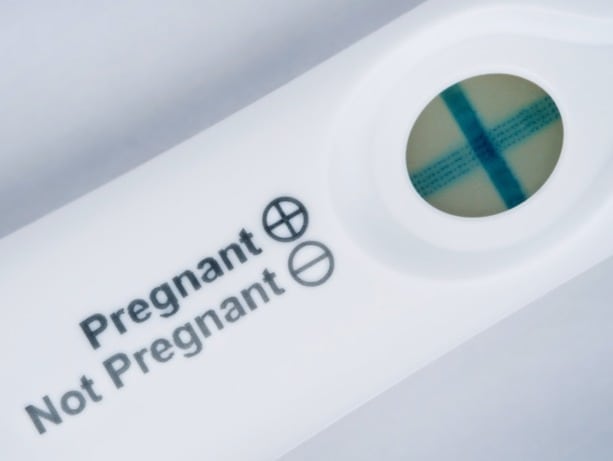
Pharmacy study links lack of coverage to more unintended pregnancies, greater health expenses for employers
At companies whose health insurance plans exclude contraception coverage, female employees experienced 33 more unintended pregnancies per 1,000 women, and more unintended births and terminations. Such plans might also result in higher overall costs for employers.
Those were the primary findings of a study led by the University of Washington School of Pharmacy and Princeton University, recently published in the journal Contraception.
“The women who were most affected were ages 18 to 24 or over 40 years old,” said Will Canestaro, a UW graduate student and one of the study’s two lead authors. “Essentially, women at the start and end of their reproductive years were most sensitive to the costs for paying out of pocket for birth control.”

Elisabeth Vodicka and Will Canestaro, graduate students in UW’s School of Pharmacy, led the study.
It’s well established that access to birth control lowers unintended pregnancies and terminations, and is cost-effective at the societal level. Under the Affordable Care Act (ACA), employers are required to cover birth control, but in recent years several employers have gone to court to opt out of the requirement.
Canestaro and colleague Elisabeth Vodicka were curious about the effects that private health insurers’ birth-control coverage had on plan costs and reproductive-health decisions of women on those plans.
The students reached out to Don Downing, a UW pharmacy professor, and health economist James Trussell, professor emeritus of economics and public affairs at Princeton University. He specializes in reproductive health and demographic methodology.
Read more on UW Health Sciences NewsBeat.